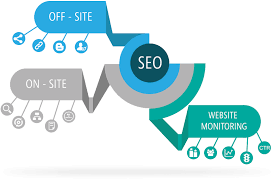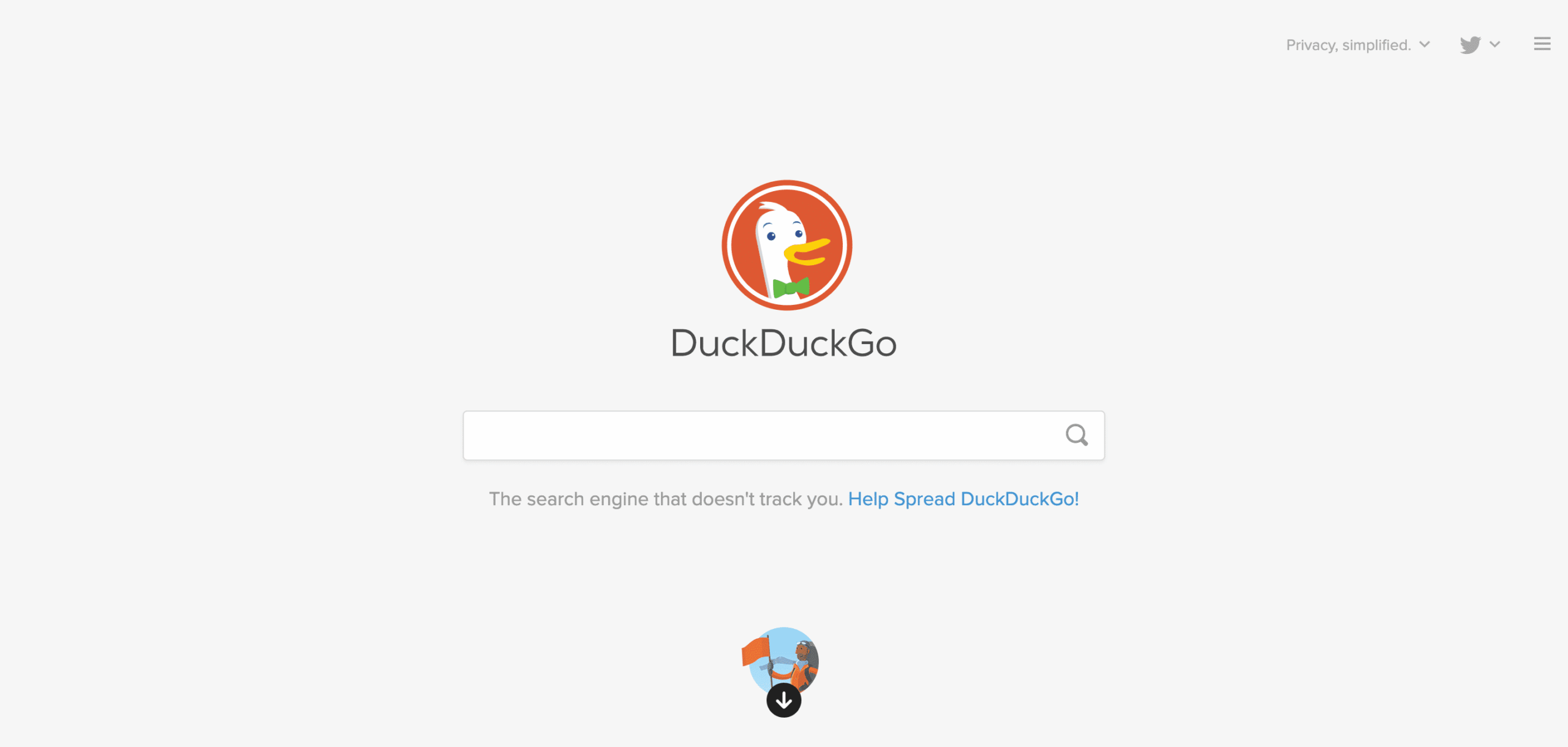The Essential Role of a Search Engine Optimisation Specialist in Digital Marketing
The Role of a Search Engine Optimisation Specialist
In the digital age, having a strong online presence is crucial for businesses to succeed. One key player in achieving this is the Search Engine Optimisation (SEO) specialist. An SEO specialist is a professional who is well-versed in the art and science of improving a website’s visibility on search engines like Google, Bing, and Yahoo.
Key Responsibilities of an SEO Specialist
An SEO specialist’s primary responsibility is to enhance a website’s organic search rankings. This involves conducting keyword research, analysing website performance metrics, and implementing on-page and off-page optimisation strategies. By understanding search engine algorithms and user behaviour, an SEO specialist can help drive targeted traffic to a website and improve its overall visibility.
Skills Required
To excel as an SEO specialist, one must possess a combination of technical expertise and creativity. Proficiency in HTML, CSS, and JavaScript is essential for implementing technical SEO strategies. Additionally, strong analytical skills are needed to interpret data from tools like Google Analytics and Search Console.
Adapting to Algorithm Changes
Search engines frequently update their algorithms to provide users with the most relevant search results. An SEO specialist must stay informed about these changes and adapt their strategies accordingly. By keeping up-to-date with industry trends and best practices, an SEO specialist can ensure that their clients’ websites remain competitive in the ever-evolving digital landscape.
Collaboration with Content Creators
Content plays a vital role in SEO success. An SEO specialist often collaborates with content creators to develop high-quality, keyword-optimised content that resonates with both search engines and users. By integrating SEO best practices into content creation processes, an SEO specialist can maximise the impact of content marketing efforts.
Measuring Success
One of the key aspects of being an effective SEO specialist is the ability to track and measure the success of implemented strategies. By monitoring key performance indicators such as organic traffic, keyword rankings, and conversion rates, an SEO specialist can evaluate the effectiveness of their efforts and make data-driven decisions to drive continuous improvement.
Conclusion
In conclusion, a search engine optimisation specialist plays a crucial role in helping businesses enhance their online visibility and reach their target audience effectively. By staying abreast of industry trends, collaborating with content creators, and measuring success metrics, an SEO specialist can drive sustainable growth for businesses in today’s competitive digital landscape.
Understanding the Role and Responsibilities of a Search Engine Optimisation Specialist: Key FAQs
- What is a search engine optimisation specialist?
- What are the key responsibilities of an SEO specialist?
- What skills are required to become an SEO specialist?
- How does an SEO specialist adapt to algorithm changes?
- How does an SEO specialist collaborate with content creators?
- How is the success of SEO strategies measured by a specialist?
What is a search engine optimisation specialist?
A Search Engine Optimisation Specialist is a professional well-versed in the strategic techniques and practices aimed at improving a website’s visibility on search engine result pages. Their expertise lies in implementing various on-page and off-page optimisation strategies, conducting keyword research, analysing website performance metrics, and staying abreast of search engine algorithms. By understanding user behaviour and search engine ranking factors, an SEO specialist helps businesses attract targeted organic traffic to their websites, ultimately enhancing their online presence and driving sustainable growth in the digital landscape.
What are the key responsibilities of an SEO specialist?
When it comes to the role of an SEO specialist, understanding their key responsibilities is essential. An SEO specialist is tasked with enhancing a website’s organic search rankings through a variety of strategies. This includes conducting comprehensive keyword research, analysing website performance metrics, and implementing both on-page and off-page optimisation techniques. By staying informed about search engine algorithms and user behaviour, an SEO specialist can drive targeted traffic to a website and improve its overall visibility in search engine results pages.
What skills are required to become an SEO specialist?
To become a successful SEO specialist, a combination of technical expertise and analytical skills is essential. Proficiency in HTML, CSS, and JavaScript is crucial for implementing on-page optimisation strategies and understanding website structure. Strong analytical skills are also necessary to interpret data from tools like Google Analytics and Search Console to make informed decisions. Additionally, creativity in keyword research and content optimisation plays a significant role in driving organic search traffic. Continuous learning and staying updated with search engine algorithm changes are key to adapting strategies effectively in the dynamic field of search engine optimisation.
How does an SEO specialist adapt to algorithm changes?
Adapting to algorithm changes is a fundamental aspect of an SEO specialist’s role. With search engines constantly refining their algorithms to deliver more relevant and accurate search results, an SEO specialist must stay vigilant and proactive. They achieve this by keeping abreast of industry news, attending conferences, and participating in online forums to stay informed about the latest updates. Additionally, an SEO specialist conducts regular audits of websites to identify any potential issues that may arise due to algorithm changes. By continuously monitoring performance metrics and adjusting strategies accordingly, an SEO specialist can effectively navigate algorithm updates and ensure that their clients’ websites remain optimised for search engine success.
How does an SEO specialist collaborate with content creators?
An SEO specialist collaborates closely with content creators to ensure that the content produced aligns with SEO best practices and objectives. This collaboration involves identifying relevant keywords, optimising meta tags, and structuring content in a way that is search engine-friendly. By providing guidance on keyword research, content structure, and on-page optimisation techniques, the SEO specialist helps content creators create compelling and discoverable content that resonates with both search engines and users. Additionally, the SEO specialist may work with content creators to develop a content calendar based on keyword priorities and search trends, ensuring that the content strategy is aligned with SEO goals for maximum impact.
How is the success of SEO strategies measured by a specialist?
The success of SEO strategies implemented by a specialist is typically measured through various key performance indicators (KPIs) that reflect the effectiveness of the tactics employed. These KPIs may include organic traffic growth, keyword rankings improvement, conversion rates, click-through rates, bounce rates, and overall website visibility on search engine results pages. By analysing these metrics using tools like Google Analytics and Search Console, an SEO specialist can evaluate the impact of their strategies and make data-driven decisions to continuously optimise and improve the website’s performance in search engine rankings.









